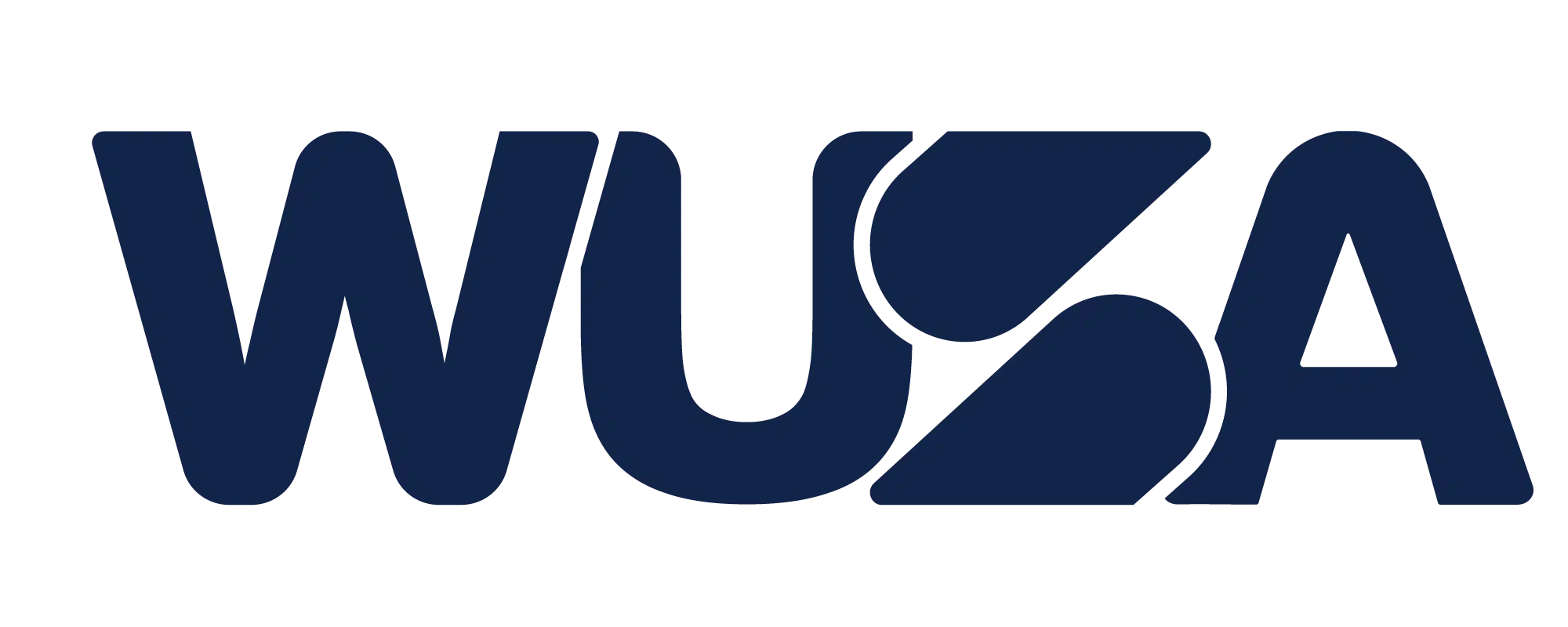Accessibility
Statement of Commitment
The Waterloo Undergraduate Student Association (WUSA) is committed to ensuring barrier free accessibility for our members, staff, visitors, and the rest of the University of Waterloo community. We are dedicated to creating an inclusive environment where all members can participate fully and equally. We recognize there is still work to be done and will work to make continuous improvements to uphold the principles of accessibility and inclusivity in all our endeavours.
WUSA supports the goals of the Accessibility for Ontarians with Disabilities Act (AODA) and will establish policies, practices and procedures consistent with the accessibility standards established under the AODA. Providing an accessible and barrier-free campus is a shared effort and we will continually work to make accessibility a reality for all.
Accessibility Policies
All members of the WUSA community and visitors with disabilities have a right to equitable treatment
without discrimination or barriers, with respect to employment, services, goods, and access to facilities, in
accordance with the provisions of the Ontario Human Rights Code and Accessibility for Ontarians with
Disabilities Act (AODA).
Feedback & Contact
If you are unable to access any content across our websites and social media or have questions/feedback, please use the general inquiries form (Web Accessibility).
